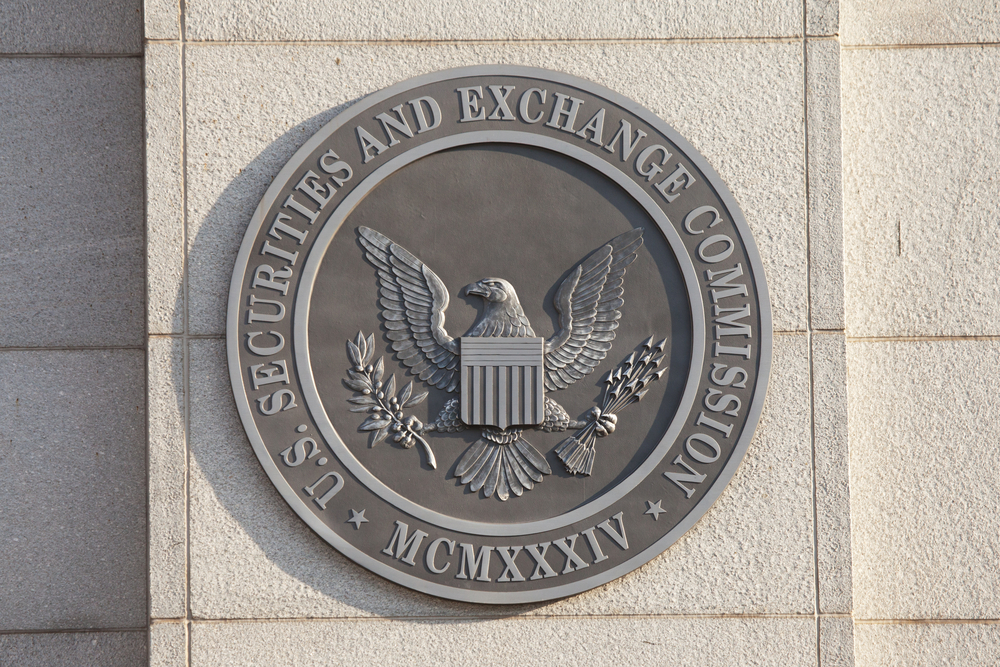 In a regulatory first, publicly traded companies would be required to include certain climate-related disclosures in their registration statements and periodic reports, under new rules proposed March 21 by the Securities and Exchange Commission.
In a regulatory first, publicly traded companies would be required to include certain climate-related disclosures in their registration statements and periodic reports, under new rules proposed March 21 by the Securities and Exchange Commission.
The short-handed Commission voted 3-to-1 to release the proposed rules, with Republican Commissioner Hester Peirce as the lone dissenter. The proposal comes nearly a year after then-acting chair Allison Herren Lee—who announced March 15 that she plans to depart at the end her term following the naming of a successor—requested public feedback on how the Commission can best regulate and guide climate change disclosures.
The proposed disclosure rules would require registrants to include information about climate-related risks that are “reasonably likely to have a material impact” on their business, operations or financial condition, according to the SEC’s announcement. The proposal also calls for registrants to include certain climate-related financial statement metrics in a note to their audited financial statements.
“I am pleased to support today’s proposal because, if adopted, it would provide investors with consistent, comparable and decision-useful information for making their investment decisions, and it would provide consistent and clear reporting obligations for issuers,” SEC Chair Gary Gensler said in a statement. Gensler contends that investors support climate-related disclosures because they recognize that climate risks can pose financial risks to companies and that the proposal would help issuers more efficiently and effectively disclose these risks and meet investor demand.
The proposed disclosures, according to the announcement, are similar to those under the Task Force on Climate-Related Financial Disclosures and the Greenhouse Gas Protocol. According to an SEC fact sheet, the proposed rules would require a registrant to disclose information about:
- the registrant’s governance of climate-related risks and relevant risk management processes;
- how any climate-related risks identified by the registrant have had or are likely to have a material impact on its business and consolidated financial statements;
- how any identified climate-related risks have affected or are likely to affect the registrant’s strategy, business model and outlook; and
- the impact of climate-related events (e.g., severe weather events and other natural conditions) and transition activities on the line items of a registrant’s consolidated financial statements.
For registrants that already conduct scenario analysis or publicly set climate-related goals, the proposed amendments would require certain disclosures to enable investors to understand those aspects of the registrants’ climate risk management, the SEC notes.
Greenhouse Gas Emissions
The proposed rules would also require a registrant to disclose information about its direct greenhouse gas (GHG) emissions (Scope 1) and indirect emissions from purchased electricity or other forms of energy (Scope 2).
Moreover, some registrants would be required to disclose Scope 3 emissions—the emissions from upstream and downstream activities in a company’s value chain—if such emissions were material to investors or if the company had made a commitment that included reference to Scope 3 emissions. The proposed rules would provide a safe harbor for liability from Scope 3 emissions disclosure and an exemption from the Scope 3 emissions disclosure requirement for smaller reporting companies.
Accelerated filers and large accelerated filers would be required to include an attestation report from an independent attestation service provider covering Scopes 1 and 2 emissions disclosures, with a phase-in over time, to promote the reliability of GHG emissions disclosures for investors, the SEC further notes.
The proposed rules would include a phase-in period for all registrants, with the compliance date dependent on the registrant’s filer status.
Peirce’s Objection
In a detailed rebuttal, Commissioner Peirce argued, among other things, that the Commission lacks authority to propose the rule and that it turns the existing disclosure regime on its head. “Many have called for today’s proposal out of a deep concern about a warming climate and its effects on the planet, people, and the financial system. It is important to remember, though, that noble intentions, once baked into complex regulatory plans, often have ignoble results,” Peirce stated in explaining her opposition to the proposal. “We cannot make such fundamental changes to our disclosure regime without harming investors, the economy, and this agency,” she added.
A comment period will remain open for 30 days after publication in the Federal Register or 60 days after the date of issuance and publication on sec.gov, whichever period is longer.

